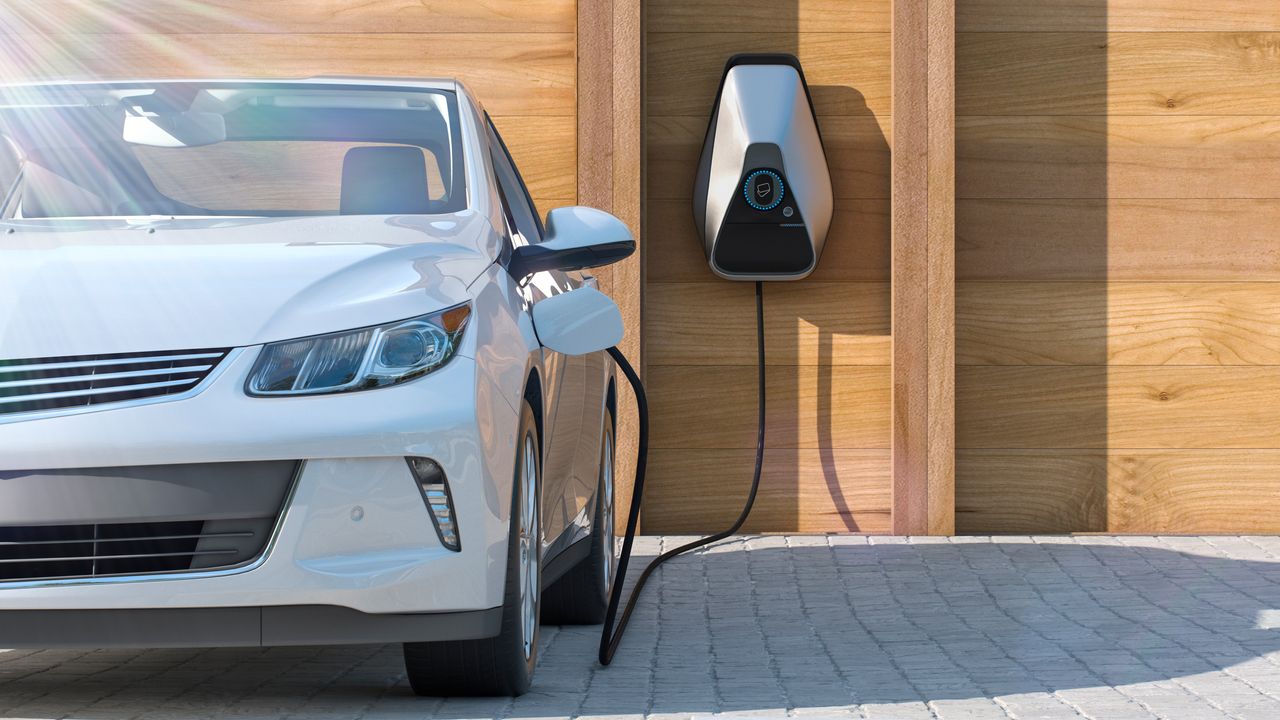Autonomous Driving and Electric Cars: Revolutionizing Transportation
Autonomous driving and electric cars are two groundbreaking technologies that are set to transform the way we commute and travel. The convergence of these innovations promises a future of safer, more efficient, and environmentally friendly transportation.
The Rise of Electric Vehicles and the Need for Infrastructure
Electric vehicles (EVs) have gained significant traction in recent years, thanks to their numerous advantages over traditional gasoline-powered cars. EVs produce zero emissions, reducing air pollution and combating climate change. They also offer lower operating costs and require less maintenance. However, for EVs to become mainstream, a robust electric vehicle infrastructure is essential.
Electric vehicle infrastructure refers to the network of charging stations and other facilities necessary to support the widespread adoption of EVs. Governments and private companies are investing in the installation of charging stations in public spaces, workplaces, and residential areas to encourage EV ownership. This infrastructure expansion aims to alleviate range anxiety and provide convenient charging options for EV users.
Smart cities play a crucial role in the development of electric vehicle infrastructure. These cities utilize advanced technologies and data to optimize various aspects of urban life, including transportation. Smart city initiatives focus on integrating EV charging stations into existing infrastructure, such as streetlights and parking lots, making charging more accessible and convenient for EV owners.
The Promise of Autonomous Driving
Autonomous driving, also known as self-driving or driverless technology, is another transformative innovation in the automotive industry. Autonomous vehicles (AVs) have the potential to revolutionize transportation by enhancing safety, efficiency, and mobility.
One of the primary advantages of autonomous driving is improved safety. Human error is responsible for the majority of accidents on the road, but AVs can significantly reduce this risk. These vehicles are equipped with advanced sensors, cameras, and artificial intelligence algorithms that enable them to perceive their surroundings and make split-second decisions. By eliminating human error, AVs have the potential to save countless lives and prevent injuries.
However, ensuring the safety of autonomous vehicles is of utmost importance. Rigorous testing and regulatory frameworks are necessary to address potential risks and challenges. Governments and industry stakeholders are working together to establish safety standards and guidelines for autonomous driving technology. Regular software updates and maintenance are also crucial to ensure the continued safety and reliability of AVs.
The Synergy of Autonomous Driving and Electric Cars
Autonomous driving and electric cars complement each other, creating a symbiotic relationship that accelerates the transition to a sustainable and efficient transportation system. Electric vehicles provide the perfect platform for autonomous driving technology due to their advanced electrical systems and compatibility with smart city infrastructure.
AVs can leverage the benefits of electric cars, such as instant torque and quiet operation. Electric motors provide quick acceleration and smooth performance, enhancing the overall driving experience in autonomous mode. Additionally, the reduced complexity of electric drivetrains compared to internal combustion engines simplifies the integration of autonomous driving systems.
Furthermore, the combination of autonomous driving and electric cars contributes to the creation of smart cities. As AVs become more prevalent, they can communicate with each other and with the surrounding infrastructure, optimizing traffic flow and reducing congestion. This connectivity enables efficient route planning, reducing travel times and fuel consumption.
In conclusion, the convergence of autonomous driving and electric cars holds immense potential for revolutionizing transportation. The development of electric vehicle infrastructure and the establishment of smart cities are crucial for the widespread adoption of electric cars. Meanwhile, autonomous driving technology promises enhanced safety and efficiency on the roads. As these technologies continue to advance, we can look forward to a future of cleaner, safer, and more intelligent transportation.
